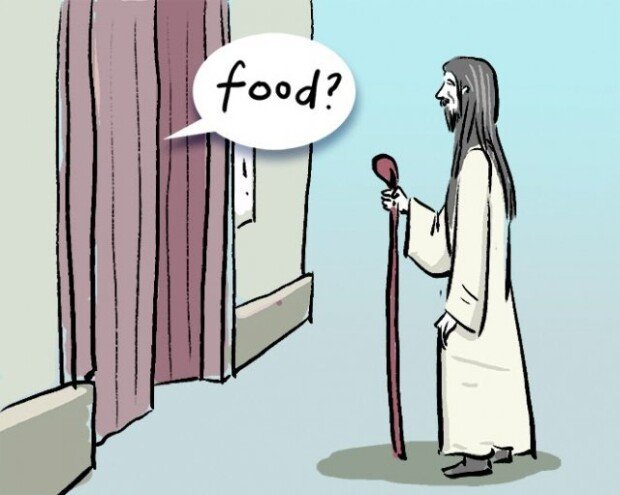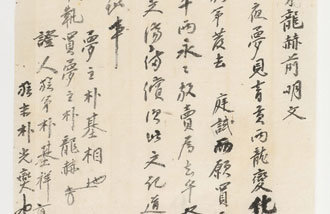At a dead end
At a dead end
Posted February. 24, 2023 07:52,
Updated February. 24, 2023 07:52

Tao Yuanming gave up a cushy government job and went back to nature. He seemed to enjoy leisure, farming with his own hands, and getting along well with his neighboring farmers. But why did he go so far as to beg for food? This was his unavoidable choice, who “hardened his indomitable spirit amid poverty/suffered abject cold and hunger” (No. 16 of ‘Drinking.’ )
How perplexed he felt as he wrote a poem about this poverty-stricken situation that compromised the dignity and nobility of a hermit. Having to admit he had no way to repay his counterpart, the poet brought up Han Xin, an aide to Emperor Gaozu of Han.
The story goes that when Han Xin was starving, a woman from a laundry house provided him with meals for several days, and later he generously repaid the favor. The promise of “[After death] from the dark underworld I will requite you and return the favor” would have been the poet’s only solution and self-consolation. However, even Tao Yuanming's staunch successor, Emperor Gaozu of Han, was displeased with this poem, saying that it was because of “his abandoning the world, forgetting the big things and clinging to the small thing.”







